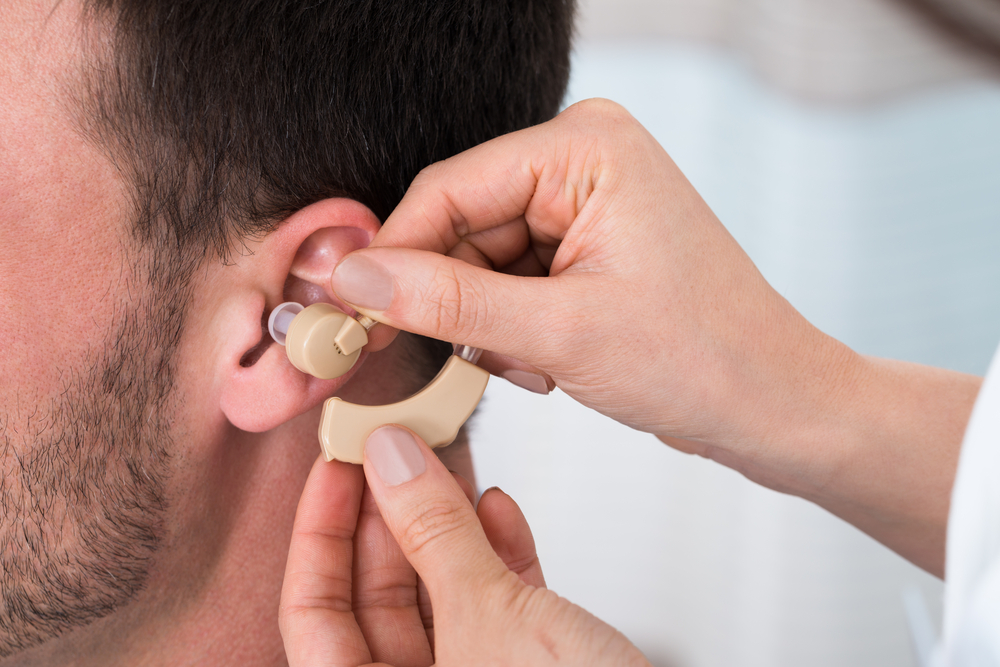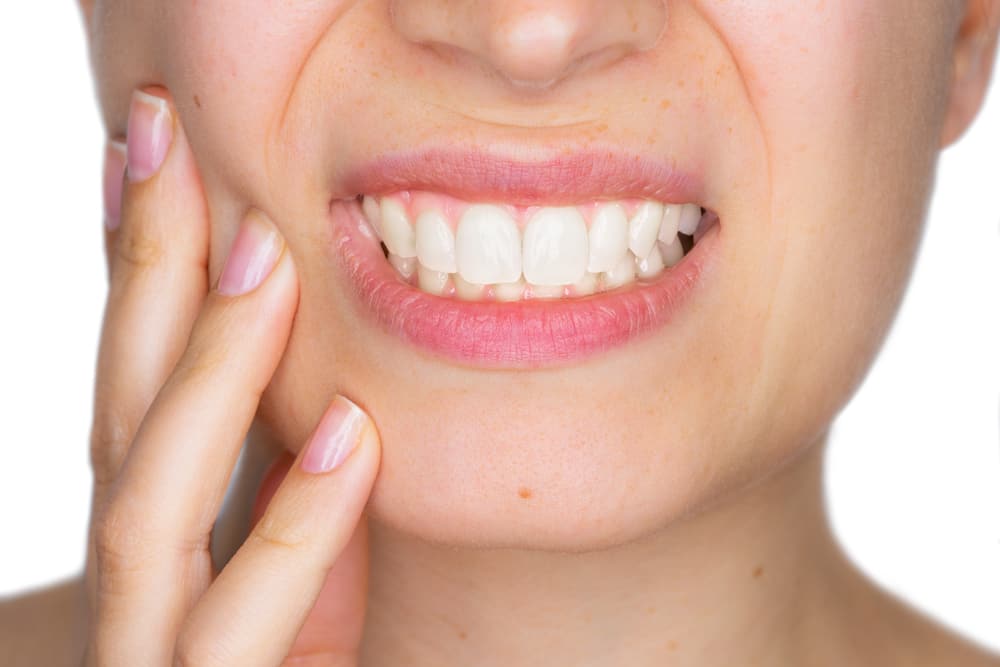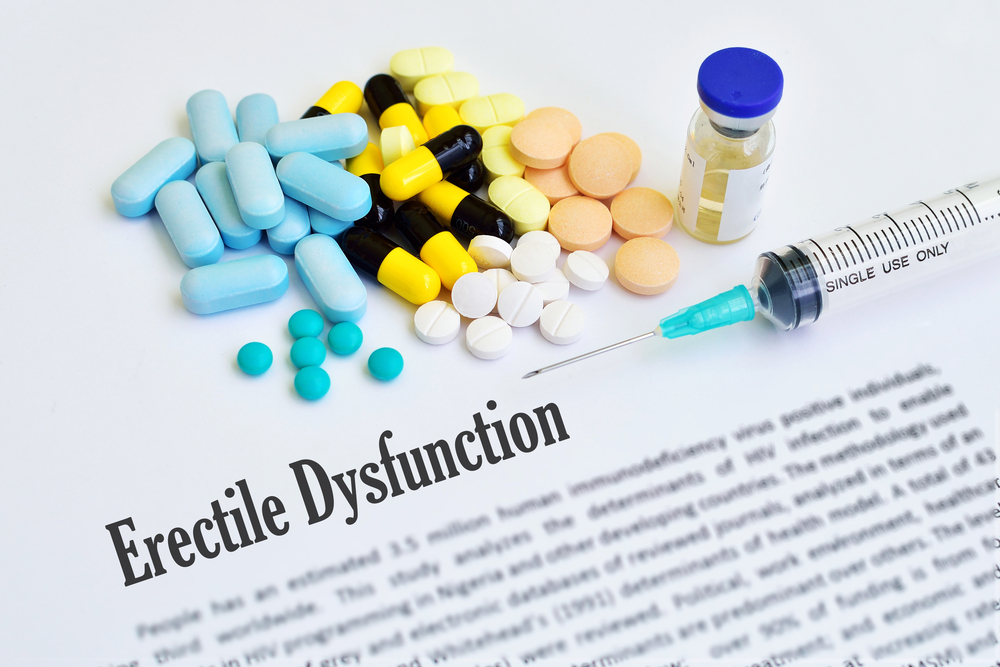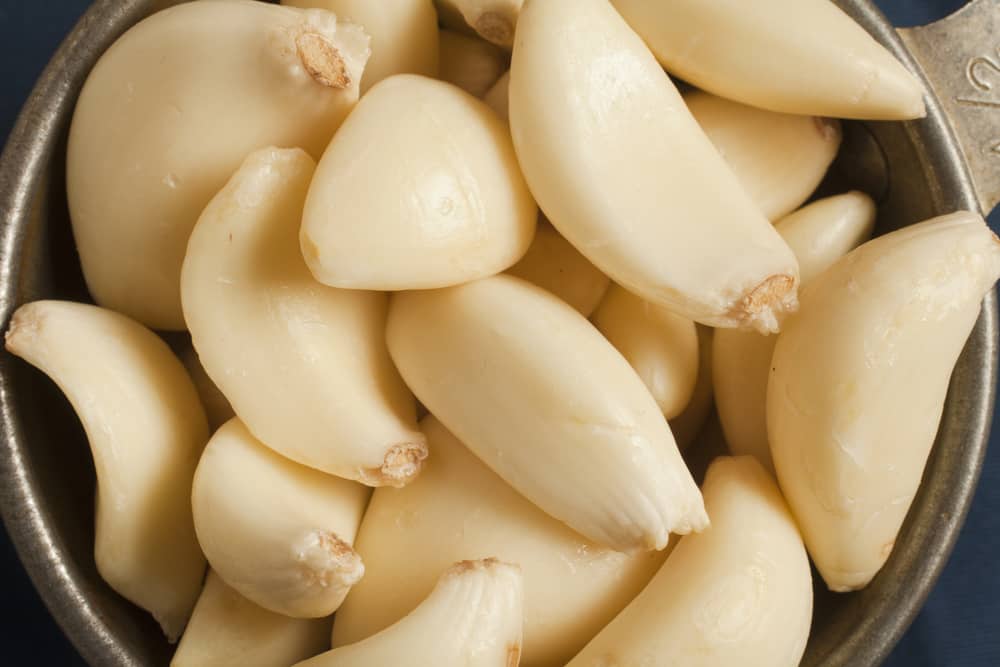Contents:
- Medical Video: Gout Diet Dos & Don'ts
- What foods contain high purine?
- Foods that should be avoided by gout sufferers
- Foods that must be limited to gout sufferers
- Then, how should you eat gout sufferers?
Medical Video: Gout Diet Dos & Don'ts
Often feel pain in the joint area? Be careful that it is a sign that you are suffering from gout. Gout is a disease that attacks the joints. This disease is caused by uric acid aka gout, aka the product produced by the body when breaking purines, which accumulate in joints.
Normally, uric acid dissolves in the blood and then disappears through the urine. However, sometimes the body produces uric acid in the blood, or the kidneys are only able to release uric acid in small amounts of urine. The result is that uric acid builds up and forms uric acid crystals in the joints and surrounds the tissue, causing pain, inflammation and swelling.
Uric acid is a by-product of purine. Purines can be found in various types of food. There are foods that contain high purines, and these foods should be avoided by gout sufferers.
What foods contain high purine?
For those of you with gout, don't try to eat foods that are high in purine. It is feared that after you eat foods high in purines, your gout will recur. However, there are also some foods that are only limited by gout sufferers. That is, you can still eat these foods but only in small amounts and in rare frequencies.
Foods that should be avoided by gout sufferers
This food must be completely avoided by gout sufferers because it contains high purine, purine levels in 100 grams of these foods range from 150-800 mg. The amount is quite high, right? Imagine if your body is forced to break down this much purine, what amount of uric acid it will produce and will accumulate in your joints. The following are foods that contain high purines.
- Viscera, including the liver, kidneys, heart, spleen, brain, tripe, intestines, and lungs
- Meat broth
- Sausages or other meat products
- Duck
- Bird
- Sardines and mackerel fish
- Other seafood, such as shellfish, shrimp and crabs
- Yeast
- Drinks containing soda
- Alcohol
Foods that must be limited to gout sufferers
These foods can still be eaten by people with gout, but in small amounts. These foods contain purines but in moderate amounts. These foods, namely:
- Meat and chicken must be limited to only 50 grams / day
- Fish, such as tuna, mackerel fish, pomfret fish, milkfish are limited to only 50 grams / day
- Nuts, such as green beans, peanuts, and soybeans are limited to only 25 grams / day
- Soybean products, such as tofu and tempeh are also limited to only 25 grams / day
- Some types of vegetables, such as spinach, kale, asparagus, beans, melinjo leaves and seeds, peas, peas, and cauliflower are at most only 100 grams / day
- Mushrooms are also limited to only 100 grams / day
Then, how should you eat gout sufferers?
The recommended food intake for gout sufferers in principle is to eat foods with balanced nutrition. What is needed is a healthy diet that can be done, such as:
- Eat foods that contain complex carbohydrates. Complex carbohydrates can be found in fruits, vegetables, and wheat. Limit foods that contain simple carbohydrates, such as white bread, candy, cake, and sweet drink products.
- Avoid saturated fats. Saturated fats can be obtained from red meat, fatty chicken, and high-fat dairy products.
- Limit protein. Limit protein from meat and fish products. You can get protein from eggs and low-fat or fat-free dairy products, such as low-fat yogurt, skim milk and cheese.
- Drink lots of water. Don't forget to drink a lot after eating. Drinking lots of water can reduce the formation of uric crystals in the kidneys. Drinking 1500 liters or about 8 glasses per day is recommended.
- Maintain weight. If you are overweight you should reduce your weight to normal. Being overweight is one of the risk factors for gout. Losing weight can also help reduce pressure on the joints.
One more thing. Taking vitamin C may help you reduce gout. Research shows that individuals who consume high amounts of vitamin C can reduce gout. Vitamin C can help reduce uric acid in the body through the kidneys. Taking vitamin C supplements of 500-1500 mg / day can reduce uric acid levels in the blood. It's best to consult with your doctor how much you take vitamin C supplements, each individual may be different. Too high a dose of vitamin C supplements is also not good for the body.
READ ALSO:
- List of Foods that Must Be Limited by Patients with Kidney Pain
- List of Foods that Stimulate Wind Disposal
- All You Need to Know About Kidney Stones












